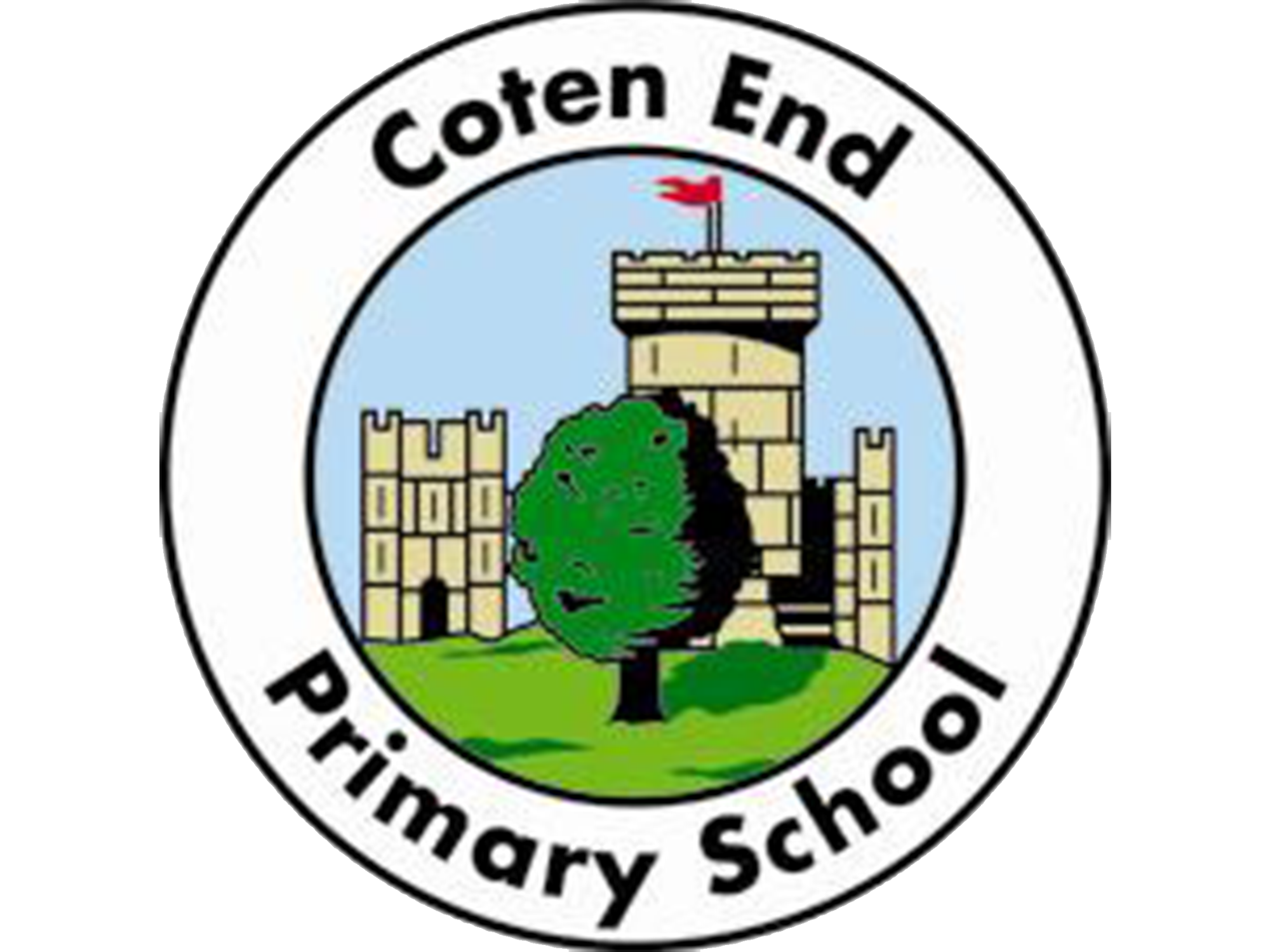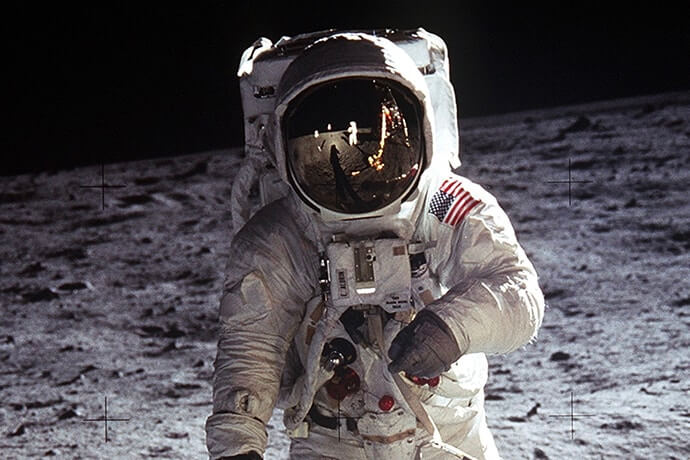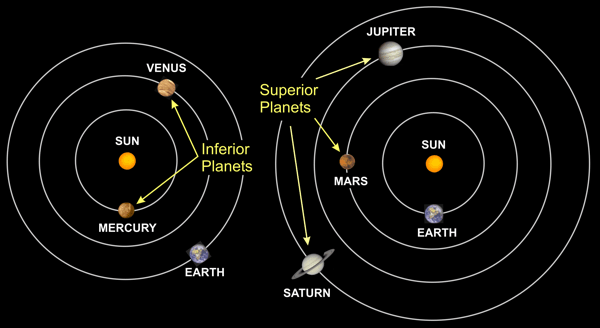
Coten End Primary School
Week Beginning: 27.11.2023
Welcome to another instalment for the Year 5 Blog, this week written by Miki and Orly.
Engaging English
 In English, we spent some time writing our own space-themed poems and used illustrations to compliment them. Following this, we spent two lessons researching a significant person in the history of space, selecting from the following individuals:
In English, we spent some time writing our own space-themed poems and used illustrations to compliment them. Following this, we spent two lessons researching a significant person in the history of space, selecting from the following individuals:
- Neil Armstrong
- Yuri Gagarin
- Valentina Tereshkova
- Yuri Gagarin
- Mae Jemison
- Katherine Johnson
We used the information from our research to create a mind map of key pieces of information that, in later lessons, we would use to write a biography about our selected person. Toward the end of the week, we wrote our first section of the biography about the individual's childhood.
Magnificent Mathematics
In Mathematics, we learnt how to convert mixed number fractions to improper fractions and the steps needed to succeed in doing this. We also explored fractions of amounts and used our knowledge to reason and problem solve before completing the week by comparing and ordering fractions less than one whole.
Scintillating Science
 This week's Science lesson offered us an incredible opportunity to work alongside a real-life astronomer and amateur astro-physocist called Jordan. Each class were given the unique and inspiring opportunity to work alongside Jordan for a half-day workshop in which we were taught about so many awe-inspiring things from the phases of the Moon and what causes them to creating our very own constellation projectors.
This week's Science lesson offered us an incredible opportunity to work alongside a real-life astronomer and amateur astro-physocist called Jordan. Each class were given the unique and inspiring opportunity to work alongside Jordan for a half-day workshop in which we were taught about so many awe-inspiring things from the phases of the Moon and what causes them to creating our very own constellation projectors.
Throughout the workshop, Jordan paused to show us incredible photographs taken using his high-powered telescope and to answer loads of our questions!
Did you know?
From Earth, the only planets that appear to have phases similar to the Moon are those on the inside (between the Earth and Sun) and are known as 'inferior' planets. Those outside (between Earth and the Kelper belt) do not appear to have phases. These planets are called 'superior'.

Interestingly, this phenomenon occurs if you were to view space on different planets, for example: If you were to observe planets from the surface of Saturn (given that this was possible), Mercury, Venus, Earth, Mars and Jupiter would appear to have phases similar to that we see with the Moon and these would be Saturn's 'inferior' planets with only Neptune and Uranus being classified 'superior'.
AN ENORMOUS THANK YOU, JORDAN FOR VISITING US! WE HOPE TO SEE YOU AGAIN SOON!
Delightful Design Technology
Even as the Christmas break approaches, there is still lots to do and our 'Seasonal Cooking' DT unit is one of them. This week, we learnt about what the term 'seasonality' means and found out about the different fruits and vegetables that grow at different times of the year. We then researched different crumble recipes that we could use as inspiration ahead of next week's planning sessions.
